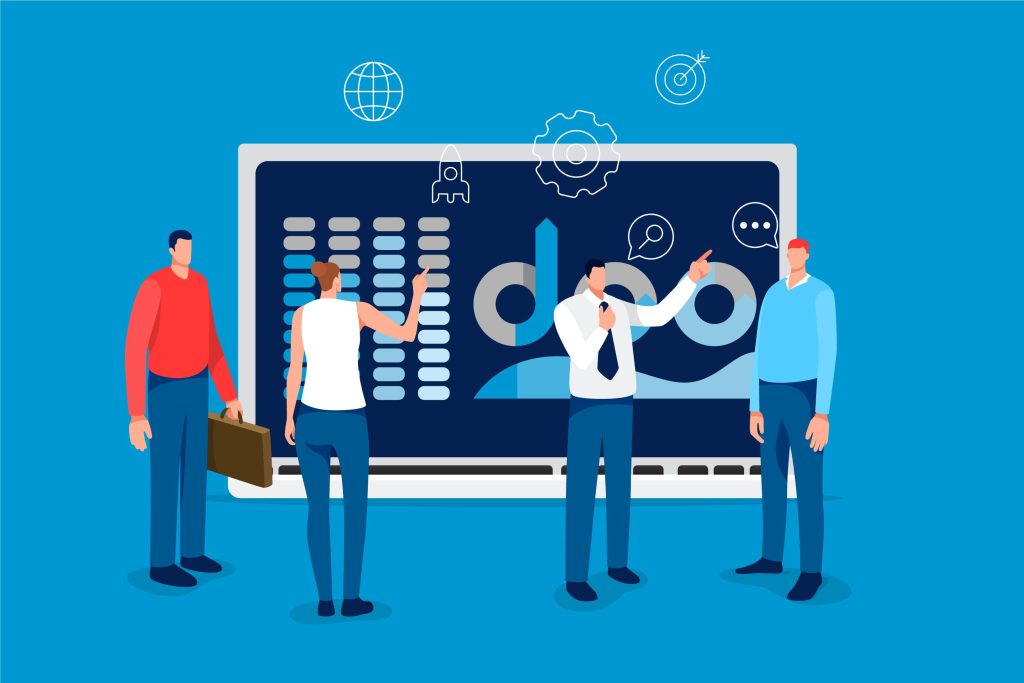In today’s fast-paced world, we often rely on systems—be it personal routines, work processes, or technology—to streamline our lives. While these systems are designed to simplify complex tasks, increase productivity, and make our day-to-day activities more efficient, it’s important to remember why you should step back from your systems regularly. Constantly following the same patterns can lead to complacency, decreased creativity, and burnout. In this article, we’ll explore the critical importance of stepping back from your systems and why periodic reflection is necessary for maintaining balance and optimizing efficiency.

The Danger of Over-Reliance on Systems
Systems are inherently designed to improve productivity. However, over-reliance on them can create a few issues:
- Decreased Creativity and Innovation
When you strictly follow a system without questioning its relevance, you might find yourself stuck in a rut, performing the same tasks repeatedly with no room for new ideas. The rigidity of a system can stifle creativity and hinder problem-solving. - The Risk of Automation Fatigue
With the rise of automation in both personal and professional spheres, many tasks that once required thoughtful consideration are now automated. This can lead to a sense of detachment and burnout, especially when the mind is no longer engaged in the decision-making process. - Lack of Adaptability
As systems become more ingrained, there is less room for flexibility. A failure to step back and reassess these systems can make it harder to adapt to changes or shifts in goals, technology, or methodologies. The world is changing at an accelerated pace, and systems that once served you may no longer be suitable.
Emerging Trends in System Overhaul
One of the emerging trends in system overhaul is the practice of “systematic pauses.” This concept involves taking deliberate breaks from your systems to evaluate their effectiveness. This is becoming increasingly popular in the workplace and at the personal level, as people realize that stepping back can lead to fresh perspectives and improved outcomes.
For instance, many successful companies have started encouraging employees to step away from their automated tasks regularly. This is being coined as the “innovation reset,” where employees take a break from their set routines to brainstorm, explore new ideas, and reimagine their workflows. This practice helps break the cycle of routine and encourages innovative thinking, leading to better solutions.
The Benefits of Stepping Back
Stepping away from your systems on a regular basis has multiple benefits, including:
1. Increased Flexibility
When you periodically step away from your current systems, you open yourself up to new ways of thinking. This flexibility allows you to explore new tools, methods, and strategies that may work better for your evolving needs. The ability to adapt quickly to changes is essential in today’s fast-paced world.
2. Enhanced Problem-Solving
A fresh perspective can significantly improve your ability to solve problems. When you distance yourself from the system you are following, you allow your brain to process information from different angles, leading to more innovative and effective solutions.
3. Improved Mental Health
Constantly working within the confines of a system can feel draining, especially when you’re not taking the time to reflect. Taking periodic breaks helps reduce stress, enhance focus, and promote a healthier work-life balance. It’s important to realize that overworking and over-committing to systems can lead to burnout, while stepping back helps maintain mental clarity.
4. Refinement of Processes
Taking time to step back allows you to evaluate the systems you’re using and determine if they are still relevant and efficient. Are there any outdated processes or areas for improvement? Reflecting on this periodically ensures your systems evolve with you, helping you avoid stagnation.
How to Implement Regular Breaks From Your Systems
While the benefits are clear, how can you effectively step back from your systems regularly? Here are a few strategies:
1. Schedule “Unplugged” Days
Make time for breaks where you disconnect from your usual routine or system. Whether it’s a day off from your work systems or a weekend dedicated to personal reflection, scheduling time away is essential for mental rejuvenation.
2. Conduct Regular System Audits
Set aside time every few months to evaluate your systems. Are they still working efficiently? Are there any areas that need updating or replacing? By conducting a regular audit, you ensure that your systems are always aligned with your current goals.
3. Encourage Team Reflection
If you work in a team, schedule time for group reflection. Regularly assessing your systems, processes, and workflows as a team encourages open communication and can lead to better results. It also fosters a culture of innovation and continuous improvement.
4. Experiment With Alternative Approaches
Don’t be afraid to try new methods. Introduce different tools, techniques, or technologies and see how they impact your system. By experimenting with alternatives, you’ll develop a greater understanding of what works best for your needs.
Key Takeaways
Stepping back from your systems regularly is not just beneficial; it’s necessary for continued growth and adaptability. Whether you are working within personal or professional systems, regular reflection allows you to stay agile, creative, and mentally sharp. Moreover, it promotes better problem-solving, reduces stress, and ensures that your systems evolve as your needs change.
By taking the time to assess and improve your systems, you can avoid the pitfalls of over-reliance and ensure that your methods are always working to your advantage.
References:
- Harvard Business Review. The Benefits of Pausing in the Workplace. Available at: https://hbr.org/ (Accessed: 26 June 2025).
- Forbes. How Taking a Step Back Can Improve Creativity. Available at: https://www.forbes.com/ (Accessed: 26 June 2025).
- McKinsey & Company. Innovation Reset: Why Businesses Need to Pause. Available at: https://www.mckinsey.com/ (Accessed: 26 June 2025).






